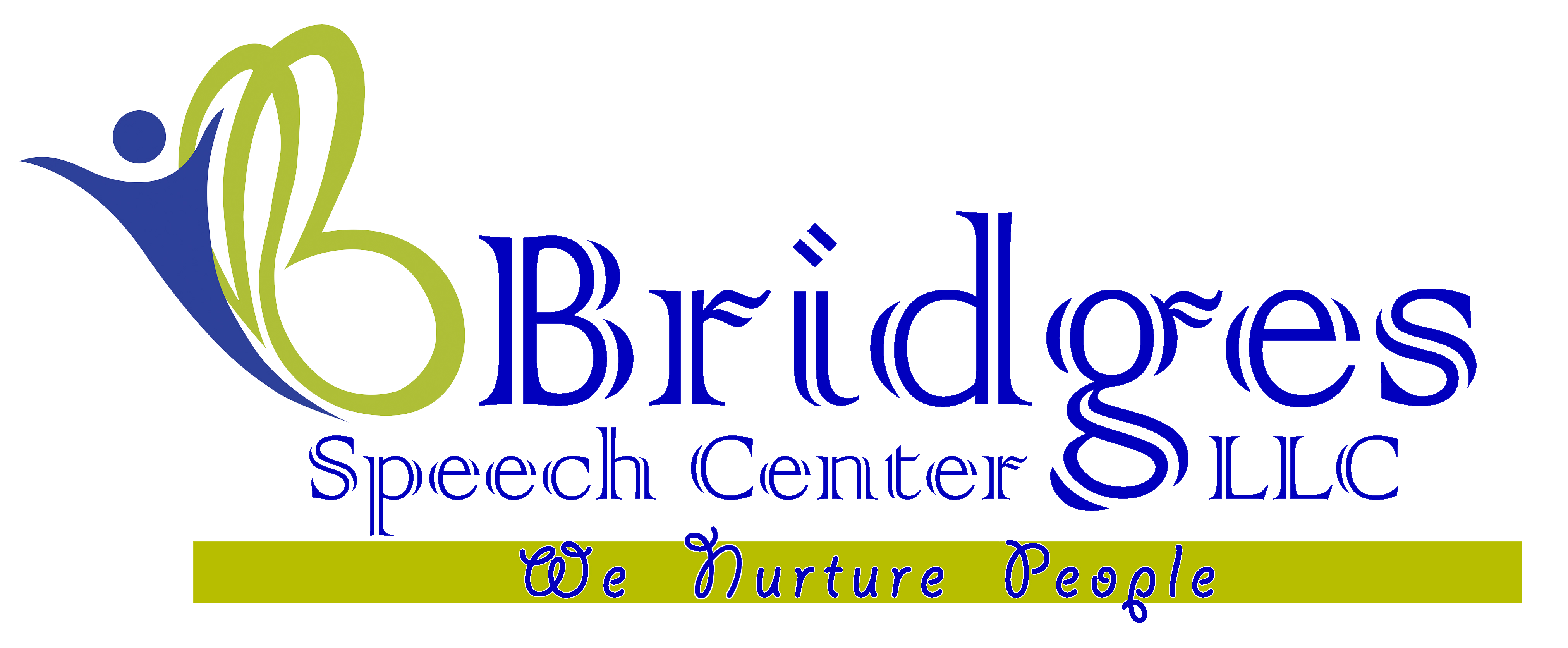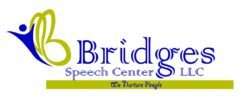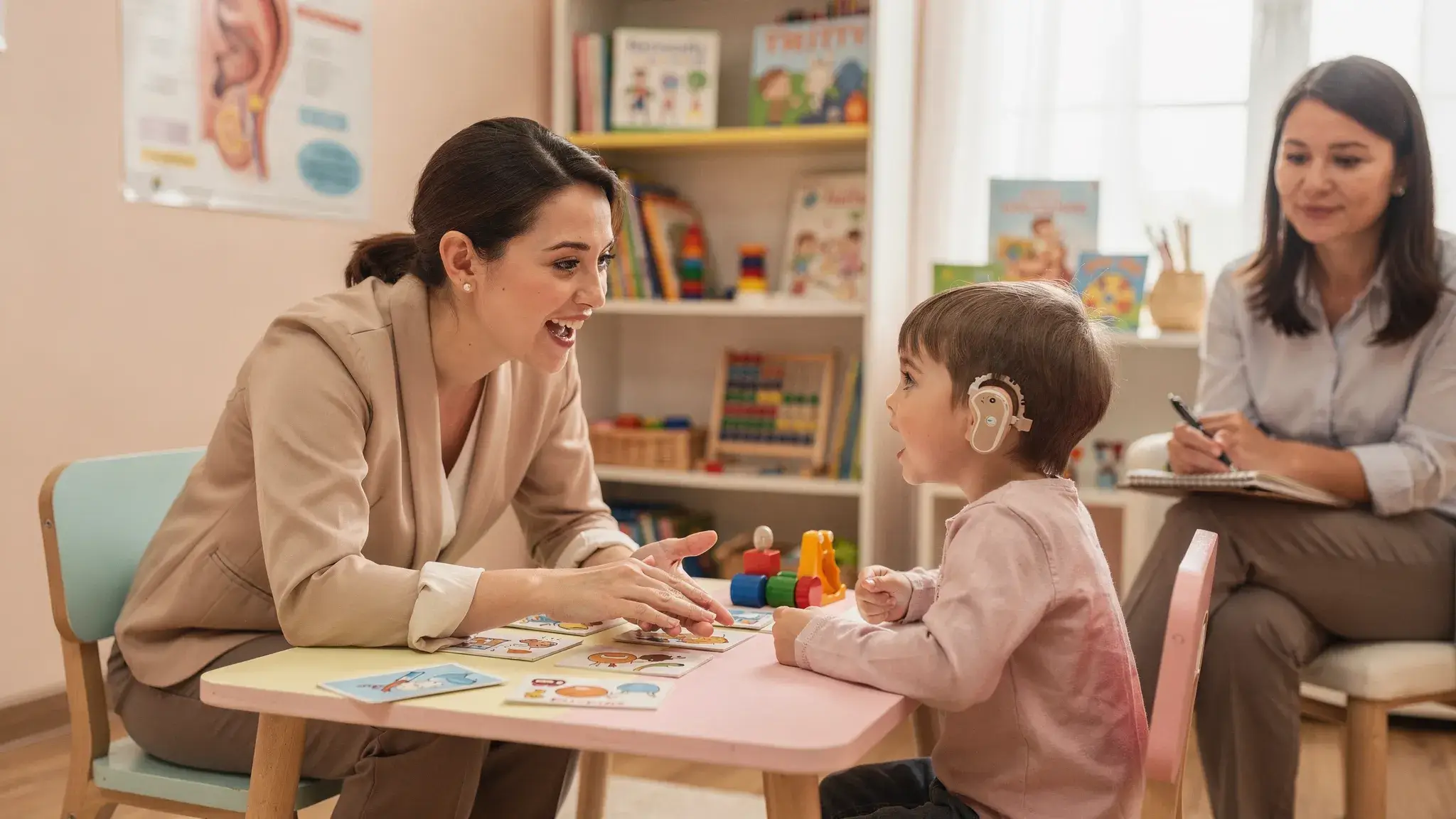- About Us
- Our Services
- Speech Therapy
- Speech and Language Therapies for Adults in Dubai
- Speech and Language Therapies for Children in Dubai
- Accent therapy
- Augmentative Alternative Communication (AAC) Therapy
- Articulation Speech Therapy
- Auditory Processing therapy/ Auditory verbal therapy
- Language Intervention: Speech Delay therapy
- Oral Motor Therapy
- Play Based therapy
- PROMPT/DTTC/RePT for Childhood Apraxia of Speech
- Social communication/Pragmatic language therapy
- Stuttering / Stammering therapy Program
- Spellography Program for Dyslexia
- Voice Therapy
- Home Care Services
- Feeding Therapy
- Physiotherapy
- Pediatric and Geriatric Physiotherapy
- Fall Prevention Programs for the Elderly
- Developmental Delay Treatment for Children
- Cerebral Palsy Management for Children
- Pediatric Orthopedic Conditions
- Osteoporosis Management for the Elderly
- Sports Injuries in Children
- Mobility and Balance Training for Elderly
- Joint Pain Treatment (Knee, Shoulder, Hip)
- Age-Specific Exercise Programs
- Coordination and Balance Exercises
- Orthopedic Physiotherapy
- Neurological Physiotherapy
- Sports Physiotherapy
- Cardiopulmonary Physiotherapy
- Women’s Health Physiotherapy
- Manual Therapy
- Therapeutic Exercise
- Pain Management
- Electrotherapy
- Ergonomic Consultation
- Tele-Physiotherapy Services
- Pediatric and Geriatric Physiotherapy
- Occupational Therapy
- Sensory Integration
- Clinical Psychology & Psychotherapy
- Cognitive Behavioral Therapy(CBT)
- ABA /Behavior Therapy
- Bridge Learning Program
- Group therapy
- Summer/Winter Program
- Telehealth Services
- Training Program/CEU
- Internship/ Observership
- Speech Therapy
- Super Team
- Collaboration
- Training Course
- News/Blogs
- About Us
- Our Services
- Speech Therapy
- Speech and Language Therapies for Adults in Dubai
- Speech and Language Therapies for Children in Dubai
- Accent therapy
- Augmentative Alternative Communication (AAC) Therapy
- Articulation Speech Therapy
- Auditory Processing therapy/ Auditory verbal therapy
- Language Intervention: Speech Delay therapy
- Oral Motor Therapy
- Play Based therapy
- PROMPT/DTTC/RePT for Childhood Apraxia of Speech
- Social communication/Pragmatic language therapy
- Stuttering / Stammering therapy Program
- Spellography Program for Dyslexia
- Voice Therapy
- Home Care Services
- Feeding Therapy
- Physiotherapy
- Pediatric and Geriatric Physiotherapy
- Fall Prevention Programs for the Elderly
- Developmental Delay Treatment for Children
- Cerebral Palsy Management for Children
- Pediatric Orthopedic Conditions
- Osteoporosis Management for the Elderly
- Sports Injuries in Children
- Mobility and Balance Training for Elderly
- Joint Pain Treatment (Knee, Shoulder, Hip)
- Age-Specific Exercise Programs
- Coordination and Balance Exercises
- Orthopedic Physiotherapy
- Neurological Physiotherapy
- Sports Physiotherapy
- Cardiopulmonary Physiotherapy
- Women’s Health Physiotherapy
- Manual Therapy
- Therapeutic Exercise
- Pain Management
- Electrotherapy
- Ergonomic Consultation
- Tele-Physiotherapy Services
- Pediatric and Geriatric Physiotherapy
- Occupational Therapy
- Sensory Integration
- Clinical Psychology & Psychotherapy
- Cognitive Behavioral Therapy(CBT)
- ABA /Behavior Therapy
- Bridge Learning Program
- Group therapy
- Summer/Winter Program
- Telehealth Services
- Training Program/CEU
- Internship/ Observership
- Speech Therapy
- Super Team
- Collaboration
- Training Course
- News/Blogs
Table of Contents
TogglePediatric and Geriatric Physiotherapy Treatment in Dubai
- Home
- Our Services
- Physiotherapy
Aquatic Exercises
Hydrotherapy, also known as aquatic therapy, utilizes the therapeutic properties of water to facilitate rehabilitation, alleviate pain, and promote overall well-being. This specialized form of therapy harnesses the buoyancy, resistance, and hydrostatic pressure of water to enhance physical function and support recovery across various medical conditions. In this detailed exploration of hydrotherapy, we delve into its mechanisms, benefits, clinical applications, and considerations for effective treatment.
Mechanisms of Hydrotherapy
Hydrotherapy employs water’s unique physical properties to achieve therapeutic goals:
- Buoyancy: Water’s buoyant force reduces the effects of gravity on the body, supporting weight-bearing joints and facilitating movements that may be challenging on land. This buoyancy allows individuals to exercise with reduced impact and stress on joints and muscles.
- Hydrostatic Pressure: The pressure exerted by water on immersed body tissues helps to reduce swelling and improve circulation. Hydrostatic pressure supports cardiovascular function by aiding venous return and reducing peripheral edema.
- Resistance: Water provides resistance to movement in all directions, which enhances muscle strength, endurance, and range of motion during aquatic exercises. Resistance training in water can be adjusted by altering the speed and intensity of movements.
Clinical Applications of Hydrotherapy
Aquatic therapy is beneficial for a wide range of medical conditions and rehabilitation needs:
- Orthopedic Rehabilitation: Hydrotherapy is commonly used in post-operative rehabilitation for joint replacements, fractures, and musculoskeletal injuries. It facilitates early mobilization and recovery by allowing patients to perform exercises that would be challenging on land.
- Neurological Conditions: Individuals with neurological disorders such as stroke, spinal cord injury, and multiple sclerosis benefit from hydrotherapy to improve mobility, balance, and functional independence. The buoyancy of water supports movements and reduces the risk of falls.
- Chronic Pain Management: Hydrotherapy is effective for managing chronic pain conditions such as arthritis, fibromyalgia, and lower back pain. The warmth and buoyancy of water provide pain relief and relaxation, promoting muscle relaxation and reducing muscle spasms.
- Cardiorespiratory Rehabilitation: Aquatic exercises improve cardiovascular fitness, respiratory function, and endurance in individuals recovering from cardiac surgery, pulmonary diseases, or those with reduced exercise tolerance.
- Sports Rehabilitation: Athletes utilize hydrotherapy for post-injury recovery and conditioning. Water-based exercises aid in maintaining fitness levels, enhancing muscle strength, and improving joint flexibility without the impact associated with land-based activities.
Benefits of Aquatic Exercises
- Pain Relief: The warmth of water and hydrostatic pressure alleviate pain and muscle tension, providing natural pain relief for acute and chronic conditions.
- Improved Mobility and Flexibility: Aquatic exercises enhance joint range of motion and flexibility through gentle stretching and resistance training in water.
- Muscle Strength and Endurance: Resistance from water promotes muscle strengthening and endurance without the strain of gravity, facilitating gradual progression in rehabilitation programs.
- Enhanced Balance and Coordination: Hydrotherapy improves balance control and coordination skills through exercises that challenge stability in a supportive aquatic environment.
- Psychological Benefits: Water-based therapies promote relaxation, reduce stress, and enhance overall psychological well-being. The soothing properties of water contribute to improved mood and mental relaxation.
Types of Aquatic Exercises
Aquatic exercises encompass a variety of techniques tailored to individual needs and treatment goals:
- Water Walking and Jogging: Gentle walking or jogging in shallow water enhances cardiovascular fitness and lower extremity strength.
- Swimming Strokes: Incorporating swimming strokes improves overall body conditioning, cardiovascular endurance, and muscular coordination.
- Resistance Training: Using aquatic resistance tools or body movements against water resistance strengthens muscles and enhances functional capacity.
- Range of Motion Exercises: Gentle stretching and joint mobilization exercises in water improve flexibility and joint mobility, particularly beneficial for arthritis and post-surgical rehabilitation.
Considerations for Hydrotherapy
While hydrotherapy offers numerous benefits, careful consideration and supervision are essential for safe and effective treatment:
- Patient Evaluation: Comprehensive assessment by a qualified physiotherapist determines the appropriateness of hydrotherapy based on individual health status, mobility, and treatment goals.
- Water Temperature: Optimal water temperature (typically between 84-94°F or 29-34°C) ensures comfort and promotes muscle relaxation and circulation.
- Safety Precautions: Adequate supervision, access to safety equipment, and knowledge of emergency procedures are crucial to prevent accidents and ensure patient safety.
- Gradual Progression: Hydrotherapy programs should be tailored to individual abilities and gradually progressed to achieve therapeutic goals while minimizing the risk of overexertion or injury.
Conclusion
Hydrotherapy represents a versatile and effective modality within physiotherapy, offering unique therapeutic advantages for rehabilitation, pain management, and overall wellness. By harnessing the physical properties of water, aquatic exercises provide a safe and supportive environment for improving physical function, enhancing quality of life, and promoting long-term health benefits. As advocates for comprehensive care, our team is committed to delivering personalized hydrotherapy programs that empower individuals to achieve optimal mobility, strength, and well-being through the therapeutic benefits of water.
Contact Us
For more information on hydrotherapy or to schedule a consultation, please contact our healthcare team. We are dedicated to providing exceptional care and tailored treatment plans to support your rehabilitation journey and improve your quality of life through innovative hydrotherapy solutions.
Make Appointment
Testimonials
What Parents Say
Send us an email if you wish to talk to any of them. For more reviews, please go to Google reviews.

My experience with bridges speech centre has been great. My child is attending OT in the center and we are happy and proud with the progress Mrs. Richa has made. The therapists are very supportive and knowledgable in selecting techniques to suit with our child's requirements . Their monthly review and evaluation is remarkable. I highly recommend bridges speech centre to anyone looking for an affordable and professional therapy for their child....

We were asked to consult a speech therapist for my son. As parents we were quite skeptical about this whole process. However, once my son started attending Dr Rupali’s sessions we noticed a drastic improvement in his speech. He used to speak only a few words but within the 1st four sessions he started speaking up-to 5 words sentences. I also learnt to manage my child’s emotions better with Dr Rupali’s guidance. She is very cooperative and patiently answer all questions.

We took our 21 month old daughter to Bridges speech center following her cleft palate surgery as she needed Speech therapy. Ms.Rupali was recommended to us by both our Pediatrician and ENT specialist. The staff at Bridges are qualified, warm and friendly. My daughter loved to attend the speech therapy sessions. Through various techniques and simulations provided during these sessions, I can see considerable improvement in my daughter's speech. Lastly I would say, no child is same, as parents we need to be patient and trust the process.

Rupali was excellent. In just couple of sessions she helped my child overcome difficulty in pronouncing ch and sh sound. Thanks very much.Highly recommend for children who will need assistance in speech therapy.
Blog & Article
Our Latest Blog & Articles
Sensory Integration Therapy at Home for Children with Sensory Challenges
When a child gets overwhelmed by everyday sounds, refuses certain clothes because they...
Auditory Verbal Therapy vs Speech Therapy: What’s the Difference?
After a hearing screening, an ENT appointment, or even a note from school,...



